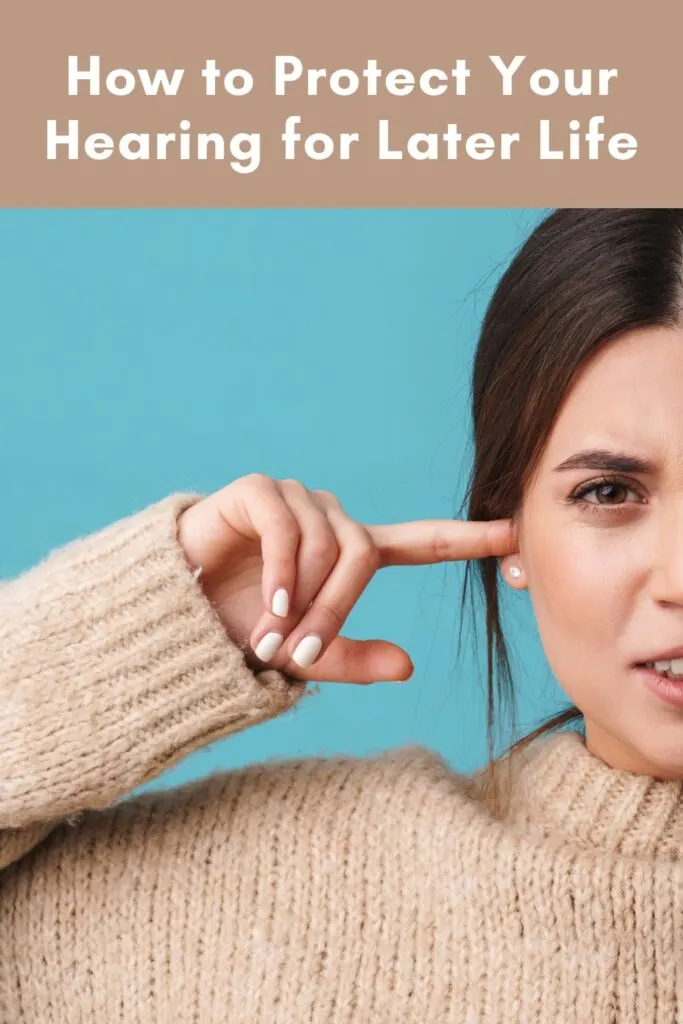
Hearing tends to deteriorate after the age of fifty, but unfortunately, most people don’t think about their hearing health until they start to have hearing issues. Looking after your hearing throughout your life – even in your youth – is the best way to protect your hearing when older.
Avoid Loud Noise
Any noise above 70 decibels can be considered damaging to your hearing. This noise level includes cars on the road outside, a vacuum cleaner and other household devices, household music, and many more everyday sounds. This is why hearing needs to be protected every day.
Exposure to extreme one-off sounds like the noise of a jet engine or a gunshot can damage the cilia hairs in the inner ear and lead to short and long-term hearing loss, but persistent noise over 70 decibels can also be harmful. Make sure you are always wearing ear protectors with noise.
Visit an Audiologist
No matter what age you are, it’s a good idea to visit an audiologist for a check-up. Most younger people don’t think it is necessary to visit an audiologist, they have good hearing, and it will be decades before they reach the age of fifty. But having your hearing checked can be very helpful.
When you visit an audiologist, they will conduct a hearing test that sets a baseline for you; this helps to maintain adequate hearing throughout your life. Any time you visit the audiologist, they have a better idea of your hearing levels and make faster interventions to protect your hearing.
Use Hearing Devices
If your audiologist thinks you need a hearing device, it’s a good idea to listen to them. Even if you are on the right side of fifty and have good health, using a hearing device can improve your hearing and life quality immediately and strengthen your hearing as you cross the threshold.
Hearing devices are designed to enhance hearing, reduce background noise, and enhance problematic sound frequencies. But hearing devices are also delicate and need to be properly maintained. Talk to your audiologist about how to maintain your device with a hearing aid repair.
Use Mindfulness
Most people experience tinnitus at some point in their life. Tinnitus is a common hearing issue that results from broken, damaged, or lost cilia hairs in the inner ear. These tiny hairs are responsible for sending sound signals to the brain, but they can be easily damaged by noise.
There is no cure for tinnitus; once the tiny hairs are damaged, there is no way to repair or replace them using conventional science. That said, anyone can manage the symptoms using mindfulness techniques that are simple, free, and highly effective for managing tinnitus.
Use Ear Protection
Whether you are vacuuming the home or stepping onto a jet plane for a vacation, make sure you wear ear protection to avoid any lasting damage to the delicate cilia hairs in your inner ear. It only takes a short time and a loud noise to break the hairs irreparably, so don’t take chances.
